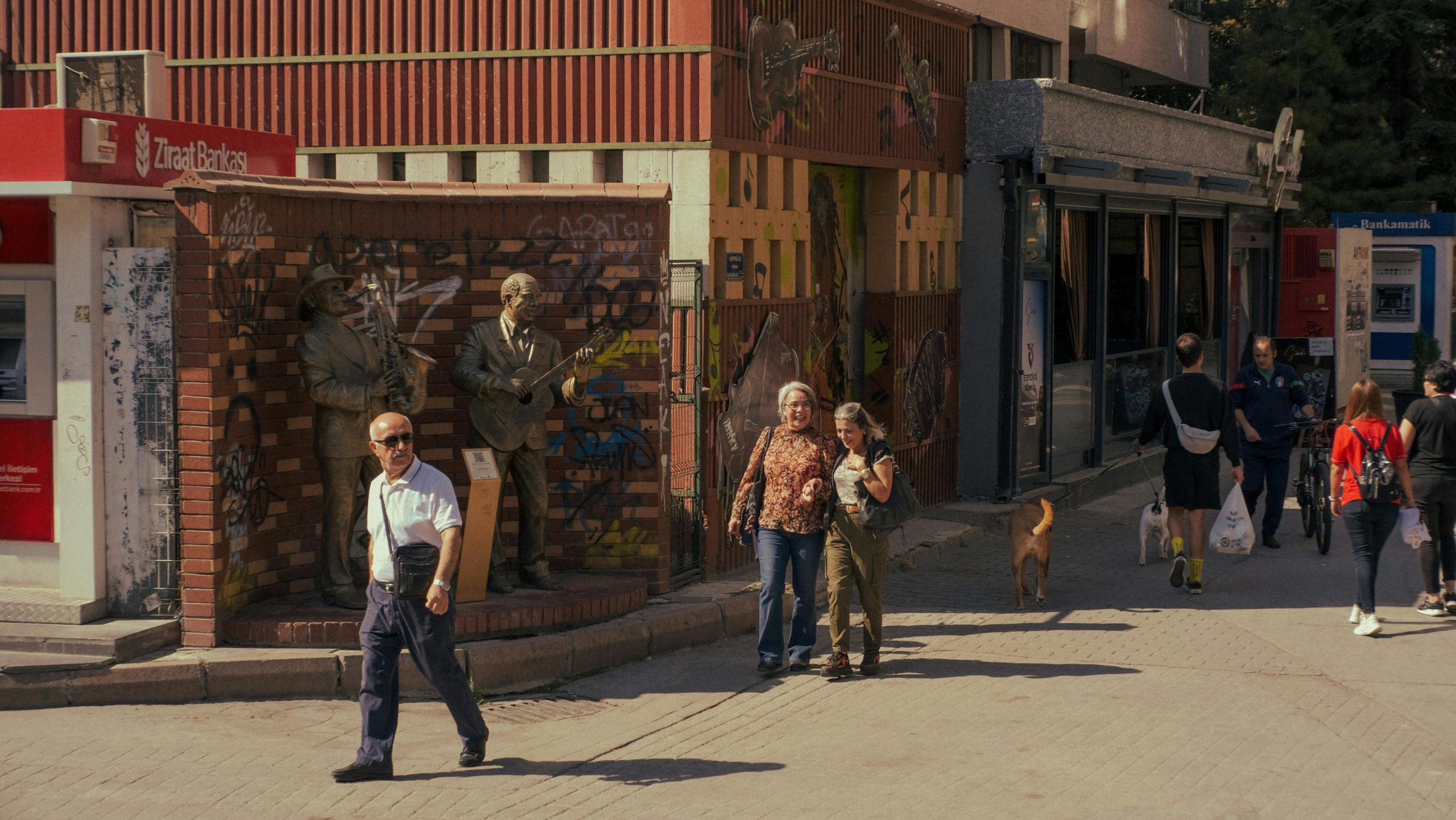Navigating a Car Accident When Police Are Unavailable: A Guide
Imagine finding yourself in a car accident, adrenaline pumping, only to discover that the police can’t respond due to prioritizing more urgent calls. This is precisely the situation a neighbor of mine encountered recently, leading to a series of challenges with insurance claims and vehicle repairs.
After his collision, he contacted the police, only to be informed by the dispatcher that they were occupied with more critical emergencies. Left without official assistance, my neighbor exchanged insurance information with the other driver, and they decided to report the incident independently to their insurance providers.
Upon reaching out to his insurance company, he faced another hurdle: the need for a police report to proceed with the claim. Explaining the circumstances, he was met with a surprising response—he should have waited until the police could attend to the scene.
Frustrated and seeing no other options, he proceeded to get his vehicle repaired at a dealership’s body shop, shelling out $1,200 for the fixes, which included replacing bolt-on parts. Despite the repair being completed in about a week, he heard nothing further from his insurer or the other party involved.
This experience raises an important question: what should drivers do when the police cannot immediately attend an accident scene? Are there protocols insurance companies follow under such circumstances, or is the only advice to wait it out, regardless of how long it may take?
Here’s some guidance to consider:
Steps to Take When Police Can’t Respond
- Document the Incident:
- Take detailed photos of the accident scene, showing vehicle positions, damage, and any relevant road signs or signals.
-
Gather contact and insurance information from all parties involved, and try to find witnesses willing to give statements.
-
Inform Your Insurance Company:
-
Immediately notify your insurer of the incident, explaining the lack of police response. Provide all gathered documentation to support your claim.
-
Seek Alternative Documentation:
-
In the absence of a police report, some insurers may accept other forms of documentation, such as witness statements or estimates from repair shops.
-
Persist in Follow-Ups:
-
Regularly check in with your insurance company to understand your claim’s status and update them with any new information or developments.
-
Explore Other Reporting Options:
- Some regions allow for online incident reporting via police or government websites, which might furnish you with an official acknowledgement.
By staying informed and prepared




When faced with a situation where the police are unavailable to respond to a non-emergency incident like a minor, non-injury car accident, it’s essential to have a plan to protect yourself, both legally and financially. Here are several practical steps that you can take if you find yourself in a similar situation:
1. Gather Extensive Documentation
Even in the absence of a police report, detailed and comprehensive documentation can support your case with insurance companies:
Take Photos: Capture multiple angles of the accident scene, damage to the vehicles, and any relevant road conditions or signage.
Exchange Information: Besides swapping insurance and contact details with the other driver, note their driver’s license number and vehicle registration. If there are any witnesses, try to gather their contact information as well.
Make Detailed Notes: Record the time, date, and exact location of the accident, as well as a step-by-step account of what happened while it’s fresh in your memory. Be as exact as possible with descriptions.
2. Explore Alternative Reports
Visit a Local Precinct: If the police cannot come to the scene, visit the nearest police station to file an accident report. In many areas, such reports can be filed in person and, while not as immediate as an on-scene report, they do constitute an official record.
Check for Self-Report Forms: Some jurisdictions provide self-report accident forms available online or at public safety offices. These documents are beneficial for insurance purposes when police aren’t on site.
3. Follow Up with Your Insurance Company
Explain the Circumstances: Relay to your insurance provider that the police could not attend, and explain the entirety of your documentation process. Insurers often have protocols for such events.
Ask for Guidance: Inquire about alternatives to filing a police report. Some insurers accept detailed evidence packets or signed affidavits if formal police documentation is unavailable.
4. Seek Legal Advice if Necessary
If you encounter resistance or your claim is jeopardized due to lack of a police report, consulting with a legal professional knowledgeable in traffic incidents can provide further options. They can advise you on how to leverage your documentation to bolster your claim or negotiate with insurance more effectively.
5. Be Proactive in Future Situations
Consider these proactive measures to avoid similar pitfalls in the future: